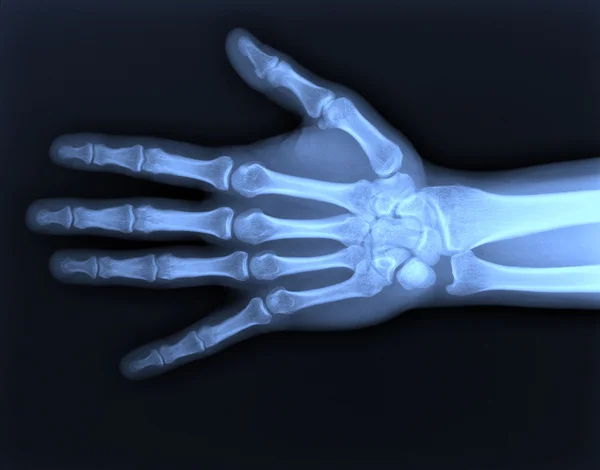Healthy Bones Action Week

Depending on your role and activities in CFA, you may be required to undertake manual handling, get in and out of vehicles or carry out vigorous firefighting.
One way to support yourself to do those activities safely is to pay attention to your bone health.
Healthy Bones Action Week aims to get Australians thinking about their bone health. Good bone health is important because it's a protective factor against broken bones and osteoporosis. This year it is held from 21 to 27 August and will focus on three simple actions for better bone health.
Find out about osteoporosis.
1. Eating calcium-rich foods
Calcium combines with other minerals to build and maintain healthy bones, as well as being used in other organs such as your heart. Adults ages 19+ are recommended to eat 1,000mg of calcium per day. This number slightly increases for women older than 50 and for men older than 70, because calcium can be absorbed less effectively as you age.
Find out more about calcium-rich foods.
Half of all Australians don’t hit their daily requirements for calcium intake. Foods rich in calcium include dairy products, seafood, green leafy vegetables, fruits and eggs. You can browse calcium rich recipes here or check the calcium content in your foods here. Alcohol intake and smoking can also inhibit your calcium absorption.
Vitamin D plays a crucial role in your body, as it helps to absorb calcium from the intestine. It also plays a role in supporting growth and maintenance of your skeleton and regulating calcium in your blood.
Vitamin D can be found in foods such as fish, but for most Australians our main source is sunlight. You only need limited levels of exposure to produce an adequate level of vitamin D, and it is important to also avoid sun damage.
The Cancer Council recommends using sun protection when the UV Index is 3 or above. Generally, during summer a couple of minutes in the morning or afternoon will be adequate. During winter you will need a longer amount of time – two or three hours a week will be plenty.
Exercise and physical activity
Exercise helps to build strong bones by placing them under a small, manageable amount of stress, which then helps to increase bone density and help bones to stay resilient to larger stresses, such as heavier weight. Exercise also supports the muscles surrounding bones.
To support your bone health, try weight bearing impact loading or resistance training.
Weight bearing impact loading, such as jogging, skipping, basketball, tennis or dancing, helps your bones be resilient. Resistance training is training with weights that progress in intensity over time.
| Submitted by |
Madalene Cursio |